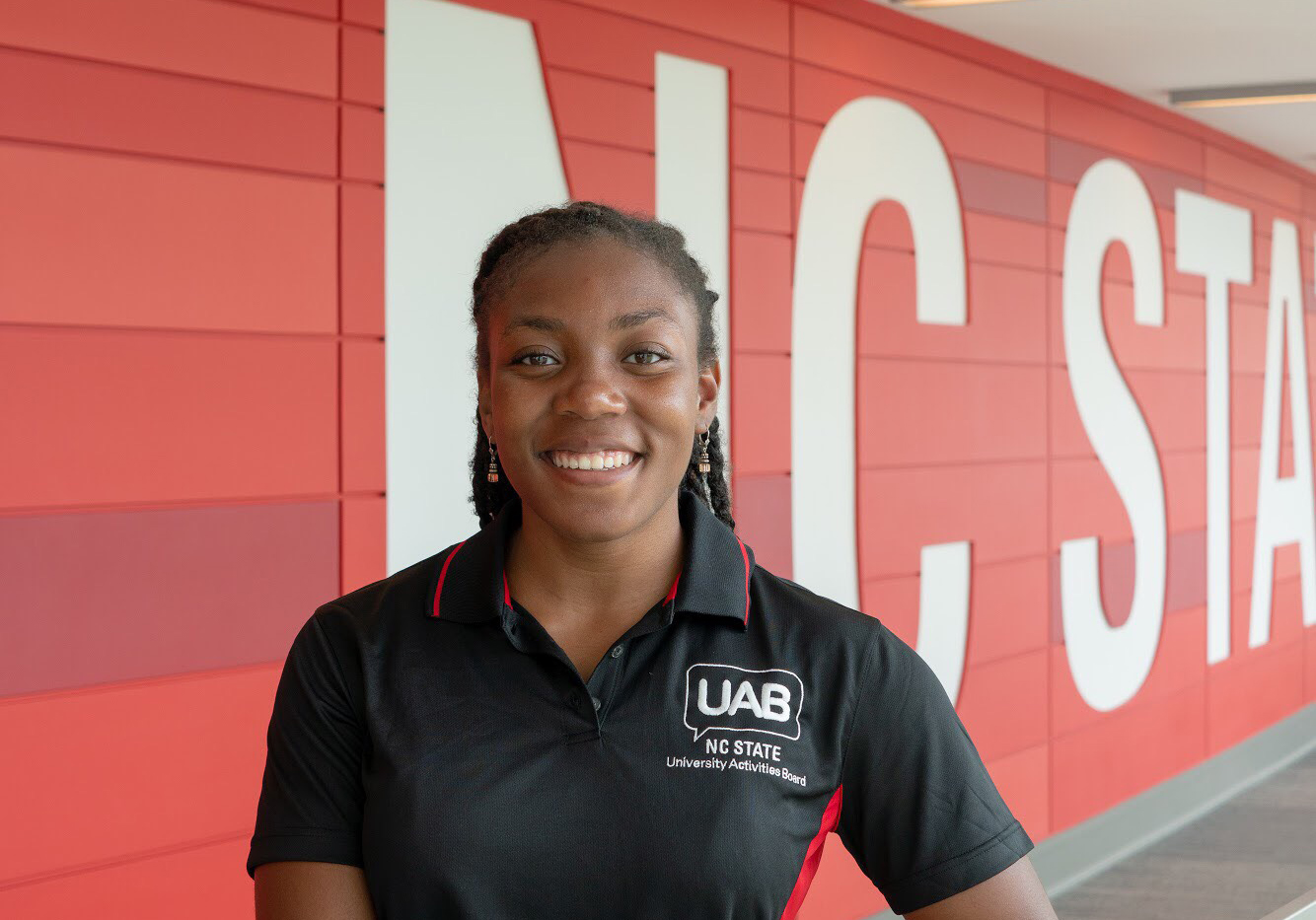OP-ED: Black Consciousness Is Not Given At Birth

Loulou Batta | Guest Columnist
I was born to African, immigrant parents in Florida. I spent most of my life moving across the United States, but the better part of my memory exists in a house on Larkspur Drive in Allen, Texas. In the suburbs of Texas, racial identity was lost upon its youth; there were: the easy names and the difficult names, latinx and non-latinx, Longhorns and Texas Tech fans, but there was not race.
When, in 4th grade, a little, white girl at camp exclaimed that “African people” were scary, there was no conversation on race relations, and there was no apology. It was simply swept under the rug like all other topics discussing race at the time. When high school came, my black identity had strengthened, but not by much.
In the wake of fetishization, exoticization, and–just plain–preying on young girls, attention was more important than identity; especially in a new school where reputation held power. White men symbolized power, and are the poster-boys for the American Dream. White men were paladins, politicians, presidents, and the presiders of power, and I wanted that for myself.
Eventually though, your right to existence comes to play with their right to deny it. In many cases, those who hold the power will always find reasons to deny it from others– and the sons of power will do the most in protecting the system that helped their fathers gain it. Becoming conscious of my blackness meant understanding that proximity to whiteness in no way meant proximity to power. It does not matter how good you are at a game, if that game is designed for you to fail.
Thus, black consciousness does not occur at birth. Not every black person residing in America is aware of their own blackness and the ways that it intersects with the world. In my youth, I was completely unaware of the black life that I had lived. My environment, and the privileged (and blessed) life I lived allowed me to pass through my existence believing that the only structures that held people back were income and self-determination. In my early teens, I was aware that blackness was a potential barrier to success, but that the right black person could somehow touch the system in a way to break it– it just took ‘the model minority.’
The life of suburbia isn’t lost on the many little black kids who grew up in it. Code switching is normal, as was having to dismantle internal structures of covert prejudice— oh, and relaxers! Every black person is at different states of their own consciousness, all of which is impacted by the different identities that they hold true, and comes with their own set of internal prejudices that they hold. They can range from: believing in colorism as a legitimate system of division, to difficulties in finding the beauty within our own race, to first-generation African kids subscribing to their superiority over the ‘akata’ of America (akata, being a term used mostly to describe a stereotypical behavior of black, American women, while black, American men are fetishized and heralded.)
As life goes on, we should never be settled or submissive in the art of finding our own identities in our blackness. It is important that we question our prejudices, and determine whether our ‘preferences’ are linked to an attempt to ascend to power by proximity to whiteness. This isn’t to say that we should eliminate white people from our life, but rather, we shouldn’t add white people simply because we aren’t comfortable in our own journey in our blackness.
Loulou Batta is a second-year studying chemistry and the Diversity Activities Board Chair for Union Activities Board.
- Categories: